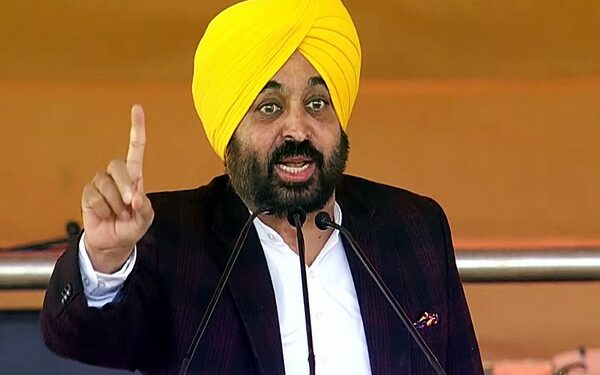Punjab govt all set to move Supreme Court to get RDF of Rs 4,000 crore
While the Centre is yet to clear previous years dues of Rs 3200 crore of RDF, another Rs 750 crore due to the state for this year’s wheat has also not been given
Punjab govt all set to move Supreme Court to get RDF of Rs 4,000 crore
Chandigarh: Punjab’s Aam Aadmi Party government is all set to move the Supreme Court against Government of India for its failure to release Rural Development Fund of Rs 4000 crore due to the state. A meeting to discuss the government stand in the apex court was chaired by Chief Minister Bhagwant Mann here yesterday. State’s Advocate General Vinod Ghai was also present in the meeting. According to sources in the Chief Minister’s Office, the government is rushing against time to have its case listed before the summer vacation of the Supreme Court begins next week.
While the Centre is yet to clear previous years dues of Rs 3200 crore of RDF, another Rs 750 crore due to the state for this year’s wheat has also not been given. The provisional cost sheet sent by the Ministry of Consumer Affairs, Food and Public Distribution on May 3, makes no mention of the RDF to be given to the state.
The Ministry had earlier promised to give two percent RDF and two percent market fee on Minimum Support Price of wheat and paddy, reducing these from three percent each. These are statutory charges levied by the state government.
The Centre reportedly wanted the state government to agree to their proposal in writing, which the Aam Aadmi Party government refused to do, because of its political fallout of accepting lower funds from the government. Considering the precarious fiscal health of the state, the government does not want to accept a lower slab, which will reduce its revenue receipts. As a result, the Centre released the Provisional Cost Sheet without giving any RDF.
After this, Punjab Chief Minister Bhagwant Mann also wrote to Piyush Goyal on May 9, saying, “The reduction in these levies at this stage would adversely affect the rural infrastructure and economy. Further, the Mandi Board/Rural Development Board will not be able to repay the loan/liabilities created for development of rural infrastructure that has facilitated farmers to sow, grow, harvest and market their crop”.













Comments are closed.